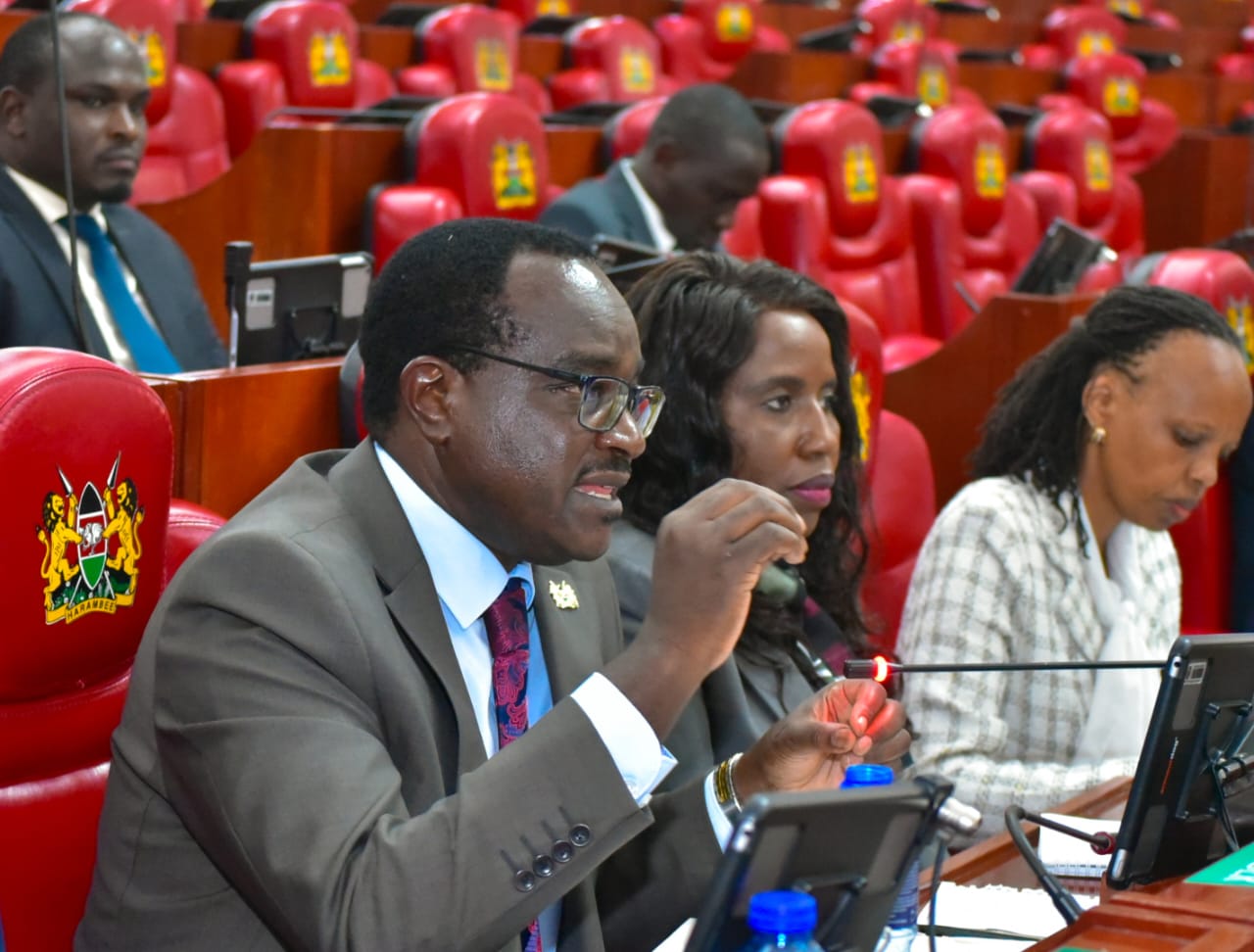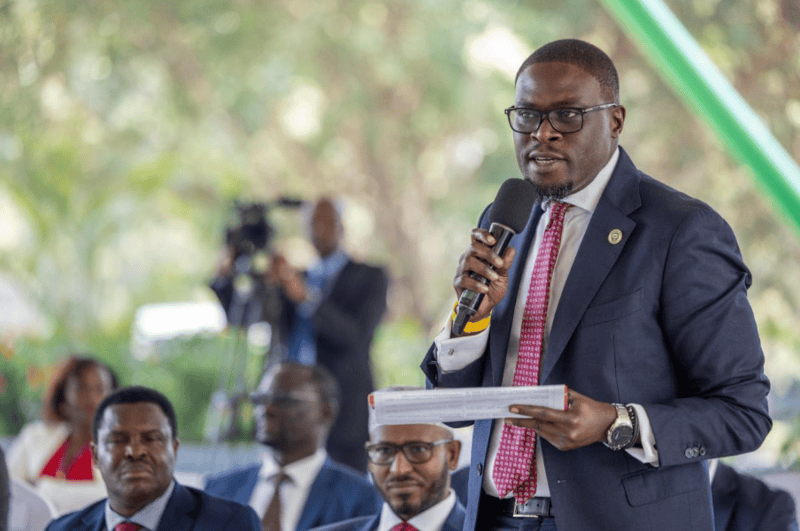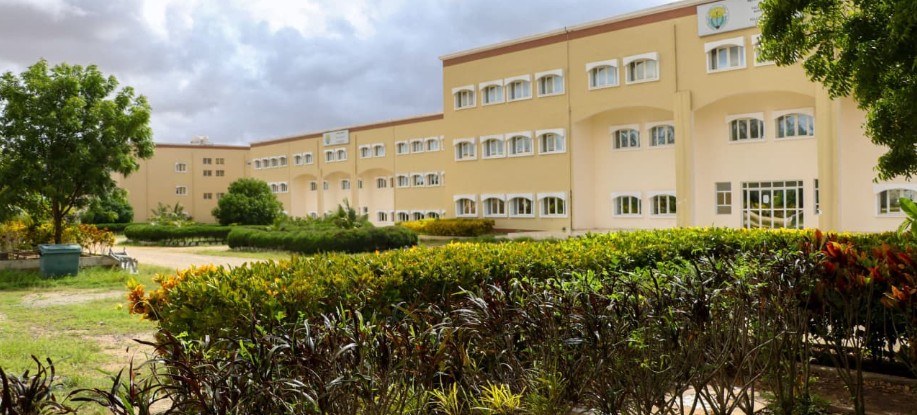Private universities demand Sh58.8 billion in unpaid tuition fees from government

The institutions say the prolonged delays have strained their budgets, affecting their ability to run smoothly and maintain the standards expected in higher education.
Private universities in Kenya are raising urgent concerns over mounting financial pressures, calling on the government to settle Sh58.8 billion in tuition fees owed for students placed under state sponsorship.
The institutions say the prolonged delays have strained their budgets, affecting their ability to run smoothly and maintain the standards expected in higher education.
More To Read
- Government owes private universities Sh48.8 billion in unpaid student funding, MPs told
- Koitaleel, Maasai Mara universities under fire over missing records, unapproved payments
- KEPSA calls on Parliament to enact reforms to stabilise public universities after 49-day lecturers’ strike
- Govt announces measures to resume learning in universities after 49-day lecturers' strike
- Over 40 lecturers of Technical University of Kenya interdicted for participating in nationwide strike
- Audit report puts SRC under fire over Sh7.7 billion university salary arrears
The Kenya Association of Private Universities told the National Assembly Committee on Education that the debt stretches from the 2016/2017 academic year up to 2023/2024.
The group said the delayed payments have forced universities to dip into their own funds, creating serious challenges in covering operational costs and providing quality education.
“The delayed disbursement of funds has forced most private universities to eat into their reserves to finance the education of government-placed students. This has financially crippled our institutions. We are collectively owed Sh58.8 billion. This is not just a financial issue; it threatens the sustainability of private higher education in Kenya,” said Prof Stephen Mbugua Ngari, the Kapu chairperson.
Kapu revealed specific figures for institutions struggling with unpaid fees, including Mount Kenya University (Sh12.9 billion), Catholic University of Eastern Africa (Sh4.3 billion), KCA University (Sh6.67 billion), and Kabarak University (Sh6.8 billion).
“Investments in higher education are not for profit but for the public good. The revenue we generate is reinvested into improving quality, research and student services. Private universities have complemented government efforts since before independence, producing skilled graduates who serve the country in both public and private sectors,” added Ngari.
Despite these warnings, government officials have not responded. Education Cabinet Secretary Julius Ogamba had indicated that Higher Education Principal Secretary Beatrice Inyangala would provide clarification, but attempts to reach her by phone and text were unsuccessful, and no official statement had been issued by the time of publication.
Data from the Universities Fund shows that funding to private universities has been decreasing. In 2019/2020, private universities received Sh2.5 billion for 29,729 students, increasing slightly to Sh3.375 billion for 61,541 students in 2021/2022.
But allocations began dropping from 2022/2023, falling to Sh3.175 billion, then to Sh1.775 billion in 2023/2024, and Sh575 million in 2024/2025. The number of students funded also fell from 89,664 in 2022/2023 to 59,514 in 2024/2025.
Kapu said policy changes in 2016, which required all eligible students to be placed through the Kenya Universities and Colleges Central Placement Service (KUCCPS), increased reliance on timely government payments.
They urged Parliament to ensure funds are released alongside student placements to avoid future cash shortages.
The association also criticised the taxation of tuition fees, arguing it undermines the goal of providing affordable, quality education.
“If a university records a surplus, we are willing to pay taxes. But taxing the very fees that support quality education delivery undermines the system,” Kapu said.
They further appealed for increased funding for research and innovation, which they described as essential to the country’s development.
Top Stories Today














































